Two major blackouts have triggered a widespread water crisis across Venezuela.
In the wake of repeated outages, roughly 20 million people (two-thirds of the country’s population) have experienced water shortages in the last two weeks, according to the Washington Post. As a result, some Venezuelans are resorting to contaminated water sources, which has led to a rise in diarrhea, typhoid fever, and hepatitis A, Maria Eugenia Landaeta, who heads the infectious-disease department at the University Hospital of Caracas, told the Post.
The South American country has been experiencing economic collapse amid an ongoing political struggle between President Nicolás Maduro and opposition leader Juan Guaidó. United States oil sanctions began in January and have sharply curbed the nation’s profits, which previously came almost entirely from oil revenue. The persistent outages have only amplified the political conflict.
While Venezuela has experienced water shortages before, the country has never experienced repeated water crises of this magnitude. Medical services, public transportation, and schools have all been drastically impacted by the continued outages.
Maduro has blamed Venezuela’s recent struggles on “sabotage by the opposition and its U.S. backers,” who he believes are trying to undermine his government, according to the Post. U.S. officials and the Venezuelan opposition point to decades of “mismanagement and corruption” under Maduro and his predecessor, Hugo Chávez.
And while the accusations mount, basic items and services such as food, medical supplies, and, now, water, are quickly dwindling for the people of Venezuela.

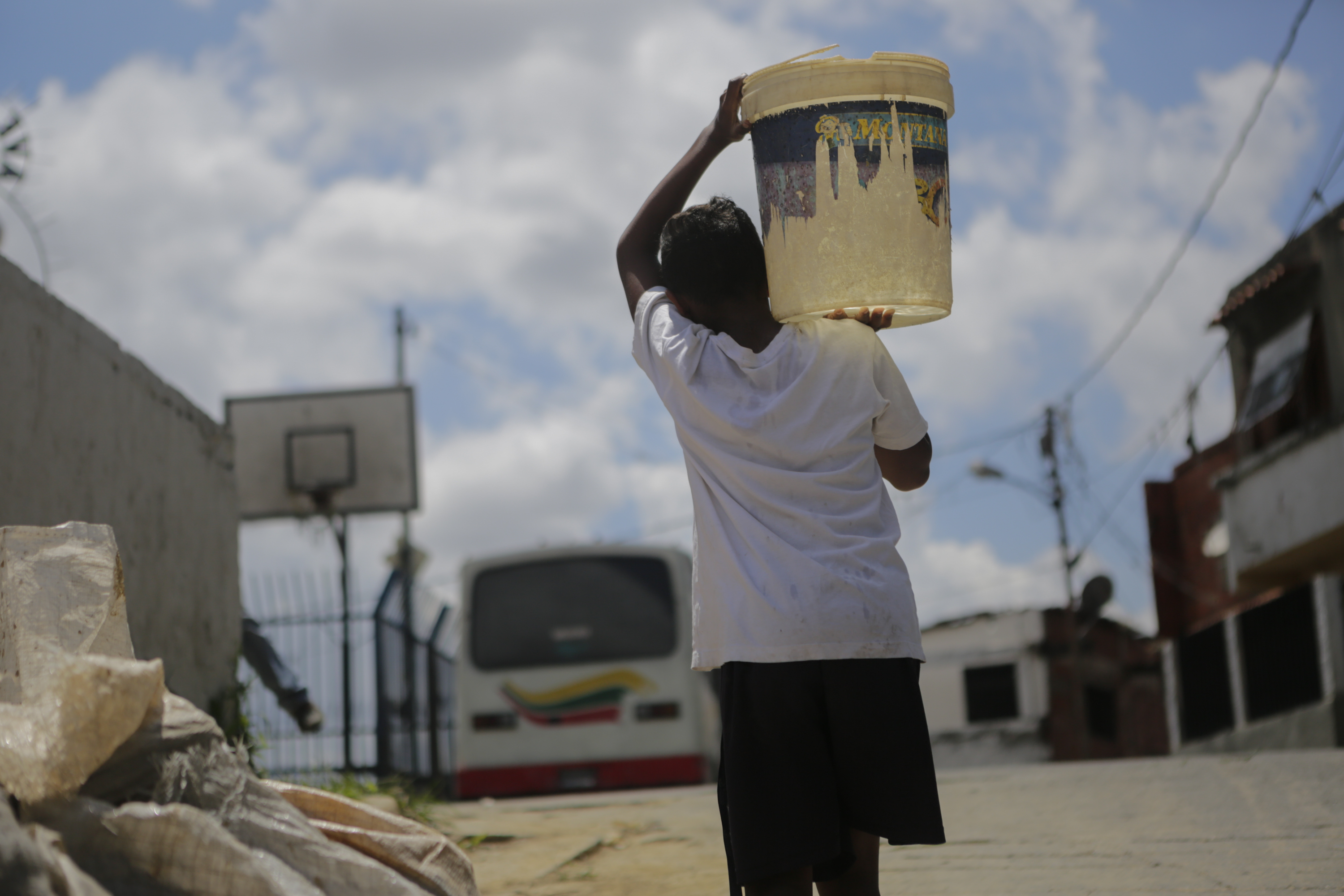
(Photo: Eva Marie Uzcategui/Getty Images)
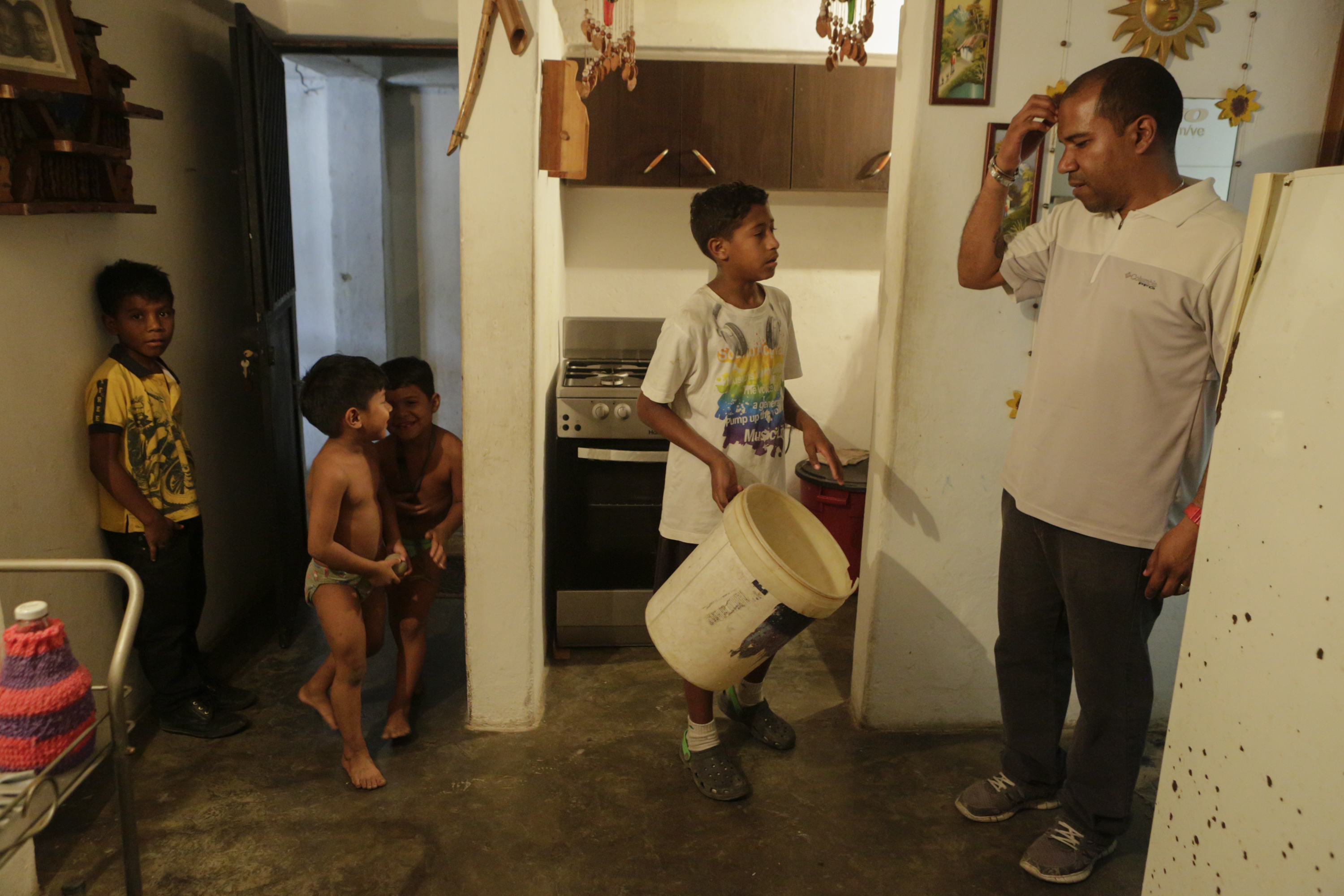
(Photo: Eva Marie Uzcategui/Getty Images)
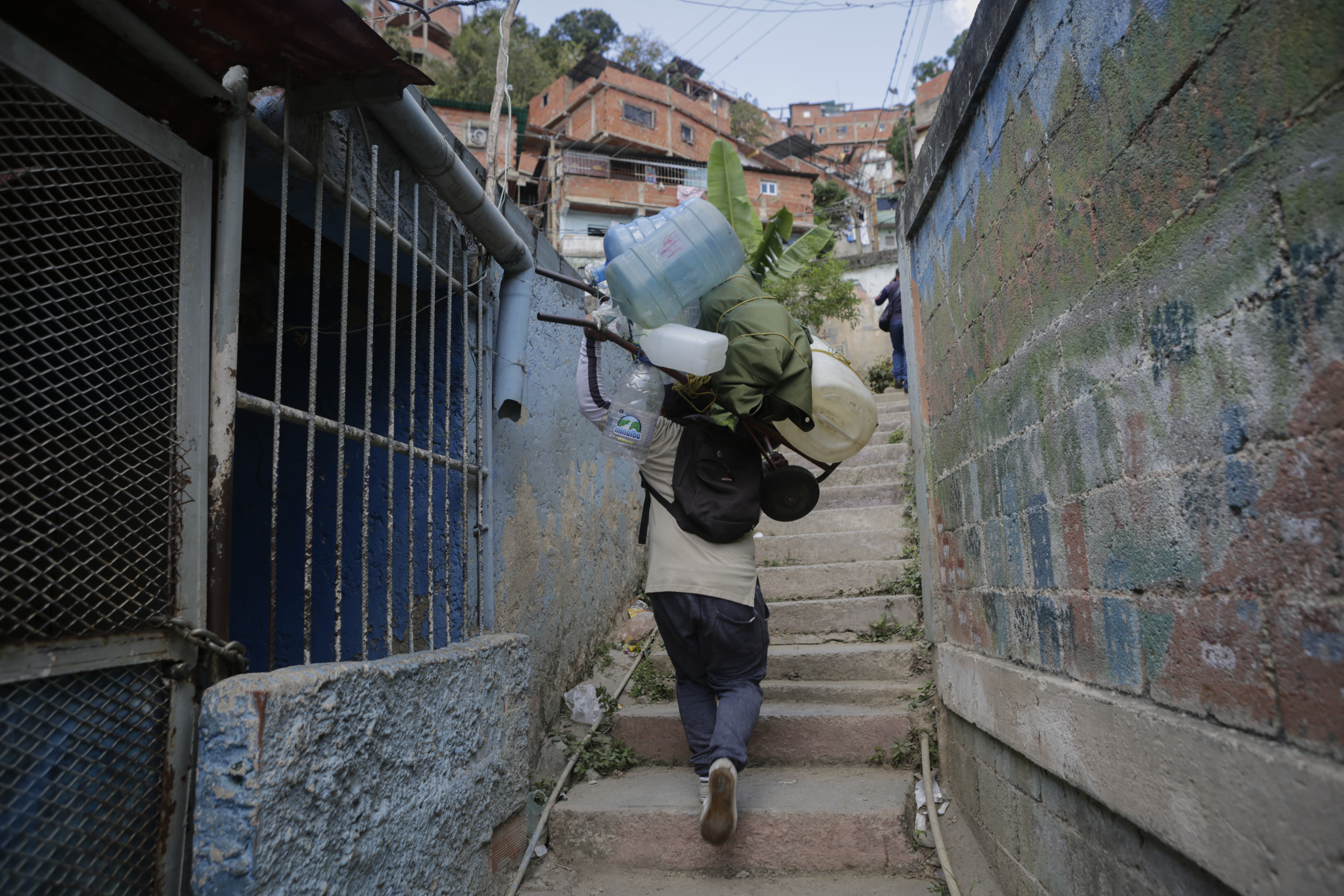
(Photo: Eva Marie Uzcategui/Getty Images)
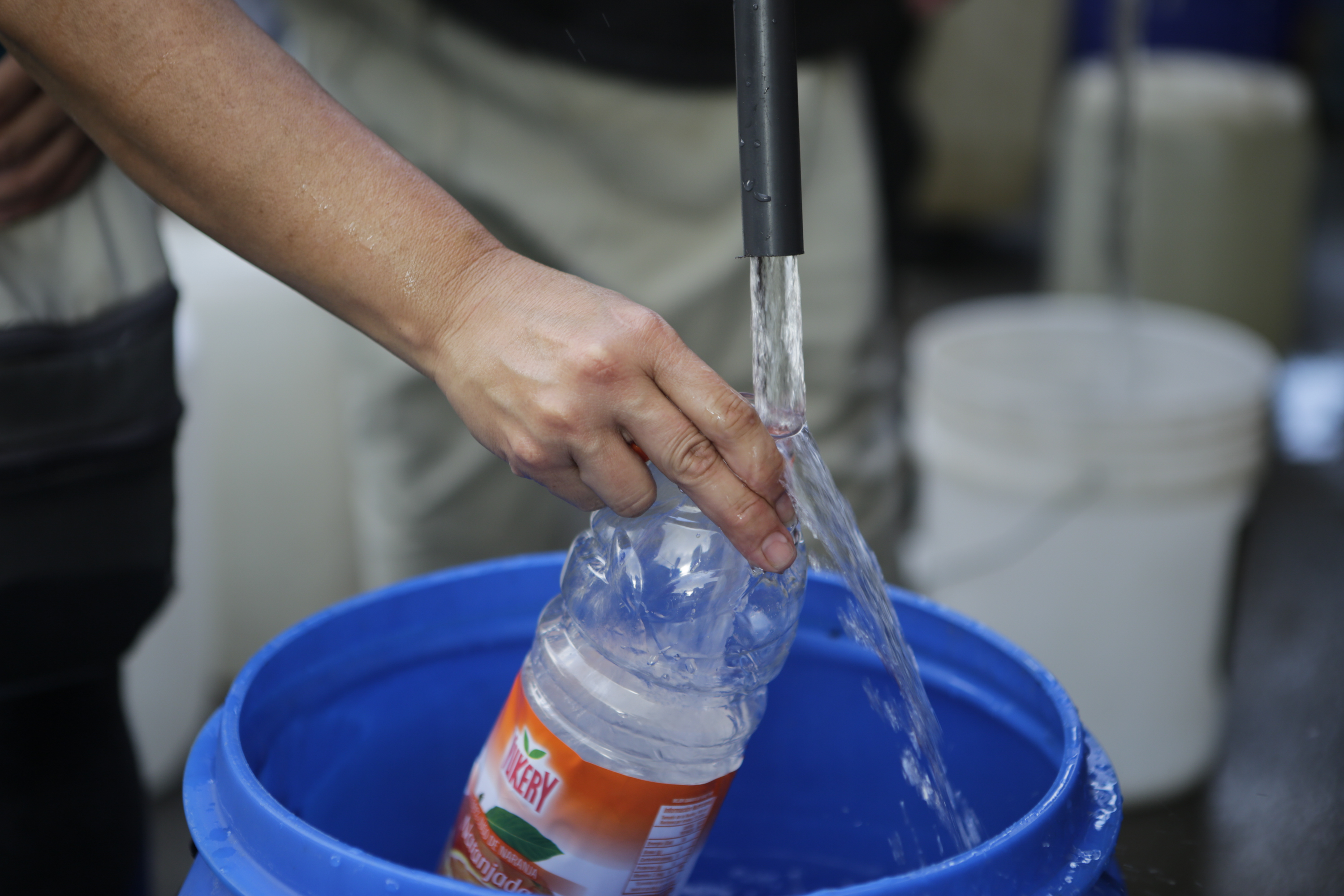
(Photo: Eva Marie Uzcategui/Getty Images)
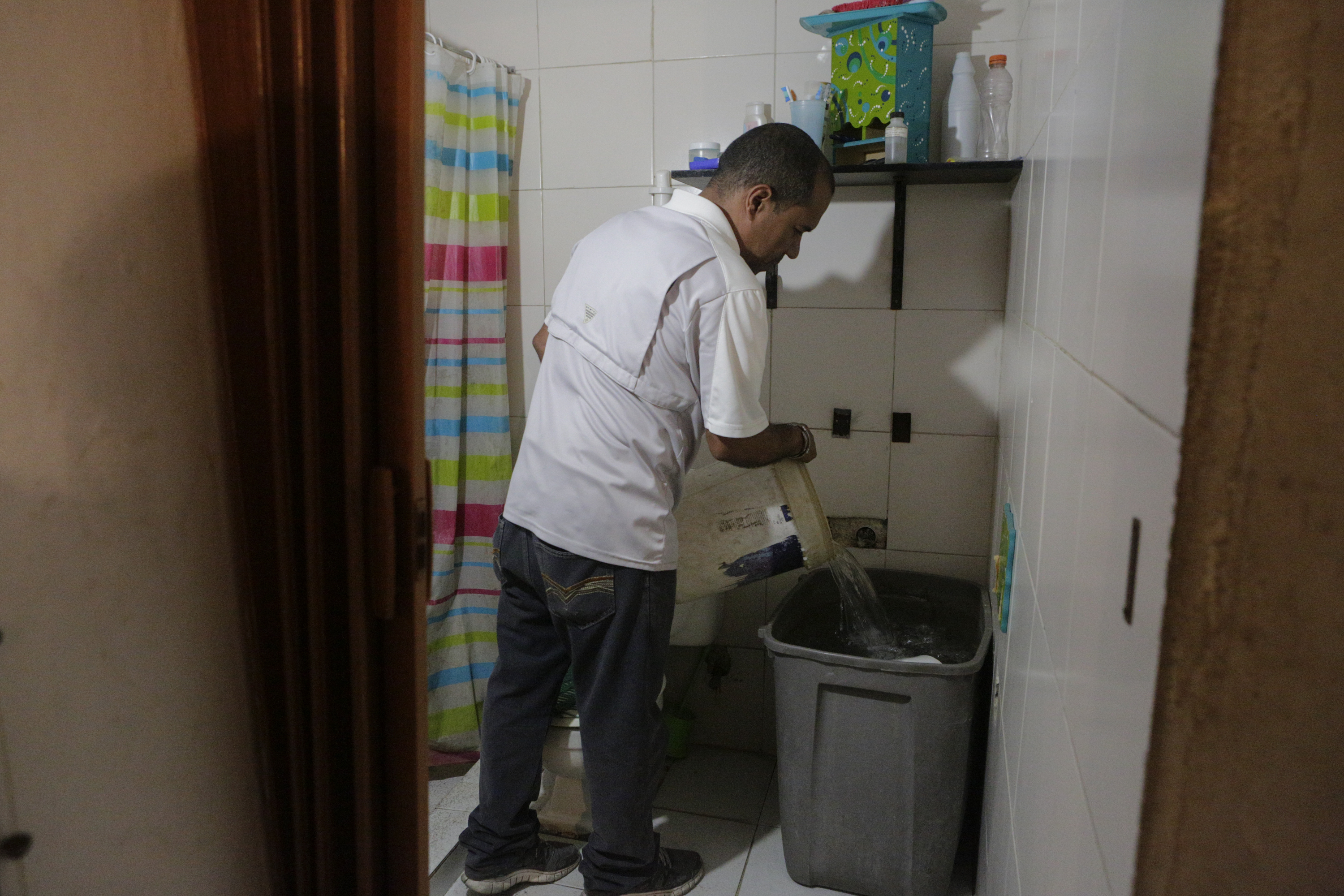
(Photo: Eva Marie Uzcategui/Getty Images)





